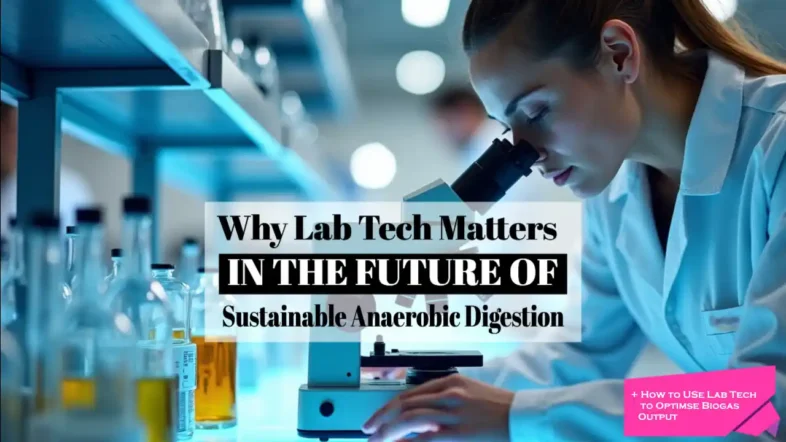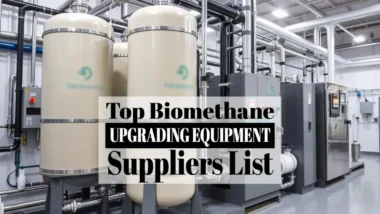As the global population grows and environmental concerns intensify, sustainable digestion systems are emerging as critical tools for waste management and renewable energy. These systems, which rely on biological processes to break down organic matter, offer promising solutions for reducing landfill use and generating biogas. However, behind the scenes, advanced laboratory technology ensures that these systems are efficient, safe, and future-ready.
Understanding Sustainable Digestion Systems
Sustainable digestion systems, particularly anaerobic digesters, convert organic waste into biogas, a renewable energy source composed mainly of methane and carbon dioxide. The process also produces digestate, a nutrient-rich substance used as a fertilizer. These systems are widely used in agriculture, municipal waste treatment, and even by food manufacturers seeking greener operations.
However, the process is complex. Microorganisms must be carefully balanced, feedstocks monitored, and outputs controlled to maintain optimal conditions. This is where lab technology becomes indispensable.
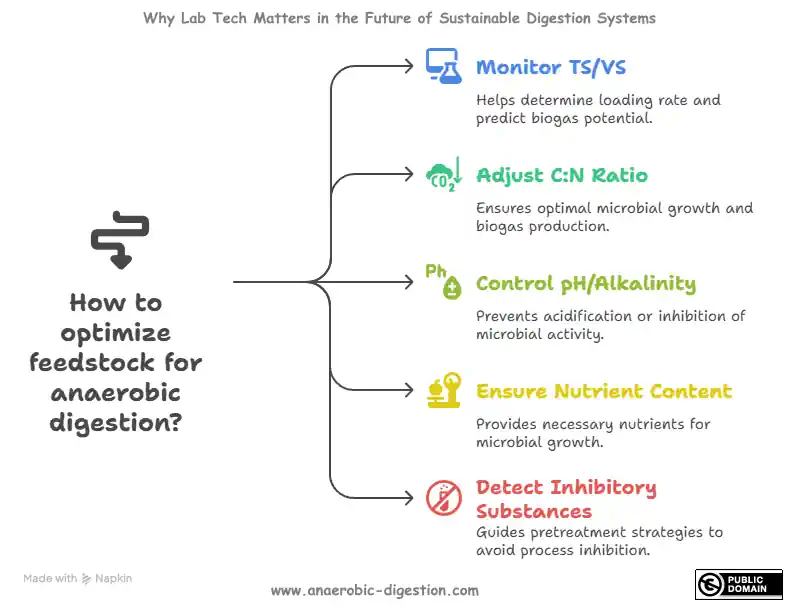
The Role of Lab Technology in System Optimisation
Laboratory testing and analysis are essential for maintaining the health and performance of an anaerobic digestion system. Key parameters like pH levels, volatile fatty acids (VFAs), total solids, and microbial activity must be constantly monitored. Deviations can lead to reduced gas production or even system failure.
Lab technicians use cutting-edge instruments to monitor these variables with precision. From gas chromatographs to spectrophotometers and titration systems, each piece of equipment plays a vital role in assessing and adjusting operational conditions. Advanced sensors and data logging tools also allow for real-time feedback and trend analysis, helping operators fine-tune processes before problems escalate.
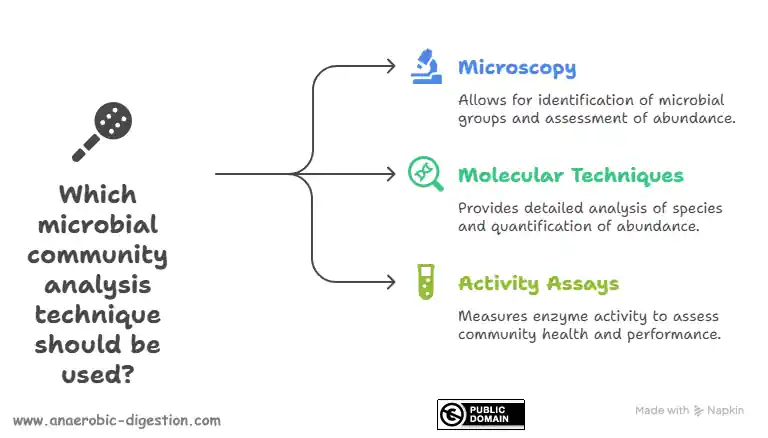
Lab Tech’s Contribution to Innovation and Sustainability
Beyond routine monitoring, lab technology is at the heart of innovation in digestion systems. Research labs use it to experiment with new microbial strains, feedstock combinations, and process conditions. These studies aim to increase gas yield, reduce harmful by-products, and improve energy efficiency.
Additionally, laboratory insights are driving the development of decentralized digestion systems tailored for smaller communities or individual farms. These setups require meticulous design and control, which only lab-grade analysis can support.
In this context, the availability of reliable lab equipment becomes crucial. High-quality instruments not only improve the accuracy of measurements but also reduce maintenance and downtime, allowing operators and researchers to focus on system performance rather than equipment issues.
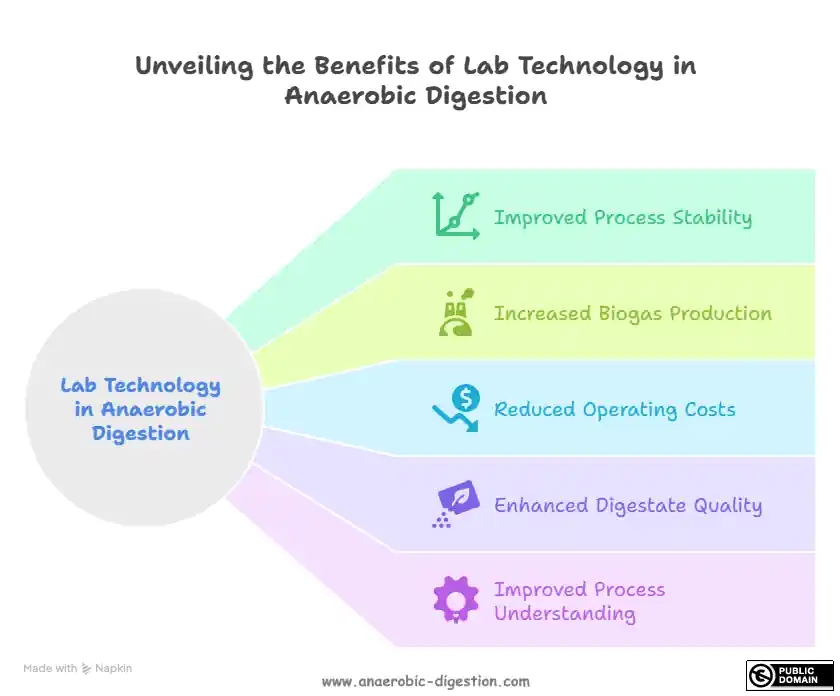
Ensuring Compliance and Safety
Environmental regulations around waste processing and renewable energy generation are becoming increasingly strict. Laboratory analysis helps digestion system operators comply with these regulations by verifying that emissions and discharge levels remain within legal limits.
Moreover, safety is paramount when working with biogas, a combustible material. Lab testing of gas composition and pressure levels can prevent dangerous build-ups and ensure that safety protocols are functioning correctly. Regular calibration of equipment and consistent data collection further reduce risks to personnel and the environment.
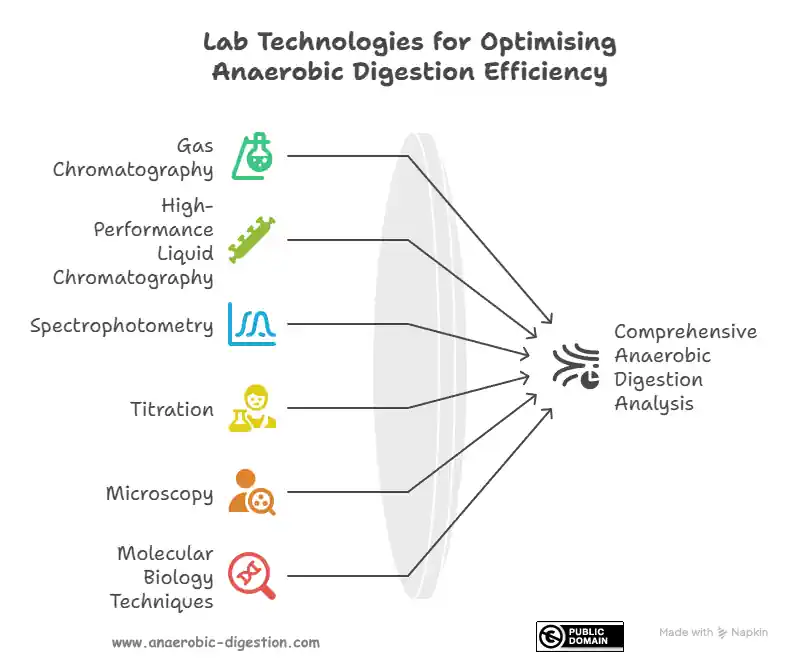
Looking Ahead: The Future of Lab Tech in Digesters
The integration of AI and automation into lab technologies is set to transform sustainable digestion systems even further. Smart sensors, automated sampling, and predictive analytics are making real-time control more feasible and less labour-intensive. This evolution will make sustainable digestion more accessible and cost-effective, opening doors for wider adoption in urban and rural settings alike.
In tandem, lab tech will also support the circular economy by helping to design systems that not only process waste but also recover valuable resources like phosphorus, nitrogen, and bio-based chemicals.
Conclusion
Sustainable digestion systems represent a pivotal shift in how people manage waste and produce energy. However, their success hinges on the precision, reliability, and innovation enabled by modern lab technology. As the world moves toward a more sustainable future, investing in laboratory infrastructure is not optional; it’s essential.
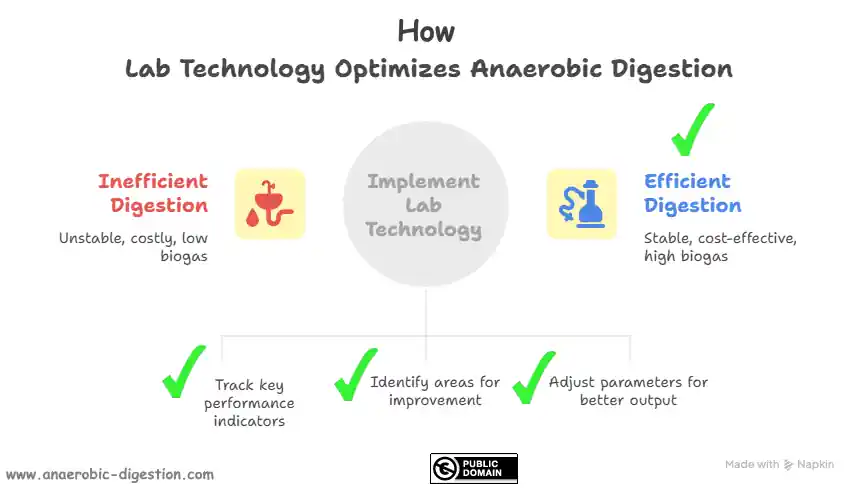
By leveraging advanced lab equipment and techniques, researchers and operators can ensure these systems are safe, compliant, and optimised for maximum environmental benefit. The future of sustainable digestion isn’t just in the tank, it’s in the lab.


